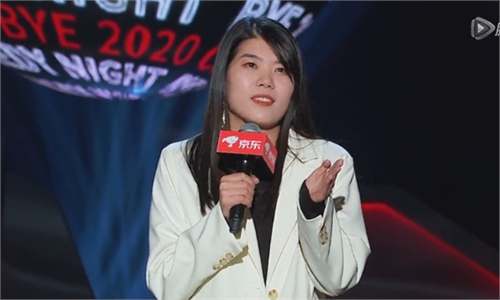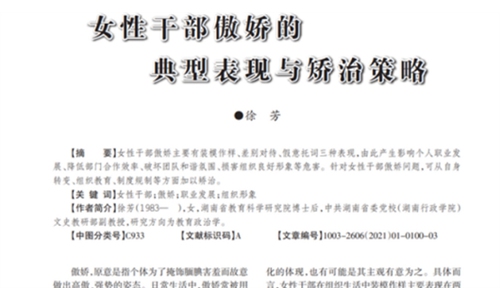
File Photo: IC
On Thursday, a news story about female students in a university refusing male students to use the elevator in a dormitory building sparked a widespread debate on the internet. The fact that the issue ignited such a big controversy proves once again that the gender issue has now become one of the most concerning public issues in China, members of feminist organizations told the Global Times.
According to screenshots of chat logs widely circulated on the internet, a female student at the Beijing Normal University said she hoped that males in the dormitory building would not take the elevator if they were not carrying heavy objects. The reason was that females would feel embarrassed by the presence of males in the elevator after showering. This comment quickly drew a lot of heated criticism in the group chat. A widespread debate on the internet was ignited after the transcript of the conversation was published.
The university responded on Thursday to the incident saying various departments were in the process of dealing with the situation, according to local media outlet, The Paper. A staff member of the logistics management office said that "the school leadership is actively planning corresponding measures."
The conversation records show that in the group chat, a WeChat user said: "Can you emphasize with the new male students that they should not use the elevator unless they are carrying heavy objects? Especially after female students take a shower at night, we feel embarrassed. Thank you!"
Later, the statement sparked support from several students but was also questioned and opposed. Some conversations with offensive remarks appeared in the group chat.
Some people questioned the idea was "privatizing or allocating public resources by gender." Another WeChat user said: "Although I do not ride elevators, I defend to the death the right of males to use them."
The incident quickly sparked controversy on China's Twitter-like platform Sina Weibo and other social media platforms, where some netizens pointed out that the female students' concerns were justified. Others accused the students who raised the issue of overreacting, as elevators are a shared resource. Some voices also pointed out that the school's regulations were inadequate.
The fact that this issue has generated so much controversy has to do with the fact that gender inequality has become one of the most discussed public issues these days, Luo Ruixue, a member of the women's rights group, Women Awakening Network, told the Global Times on Thursday.
"The controversy over this incident centered on the issue of security risk management on mixed dormitories, while most of the netizens involved in the discussion shifted their fire to gender antagonism, which is what hyped the incident," Luo said.
Luo pointed out that the female student who raised the issue actually wanted to talk about restoring the access restriction to elevators for the lower floors, which are mostly inhabited by male students.
"But she directly referred to the group as 'male students' instead. This is certainly a bad reference and it is normal to cause resentful emotions among male students." Luo said. "But the incident triggering such a big controversy is mostly due to the hyping by key opinion leaders over gender issues, as well as the school failing to respond to the claims in a timely manner.
Recently, several social events have continuously triggered public discussions and even polarizing views on gender issues. Luo pointed out that gender antagonism is not a recent social issue but has received more attention just recently.
"Many online key opinion leaders, in order to gain attention, present only emotions, no facts and no valuable views on the events, have given serious misguidance to public opinion and even incite antagonism," Luo said.



